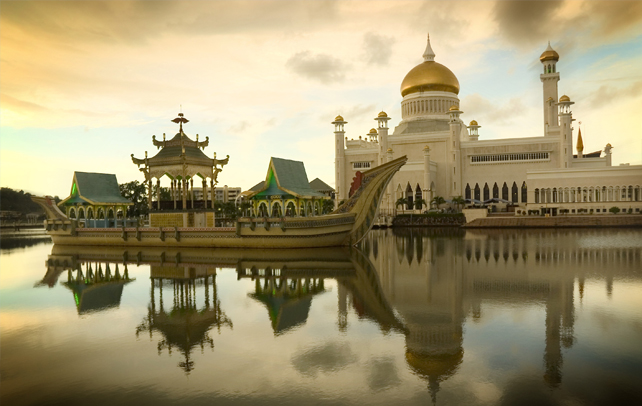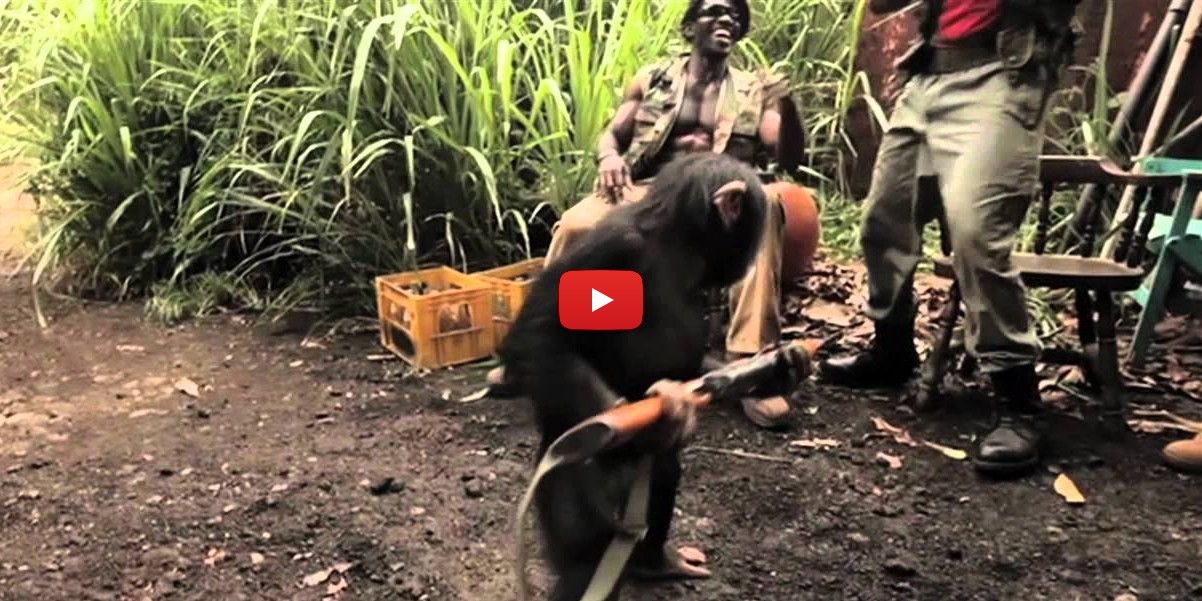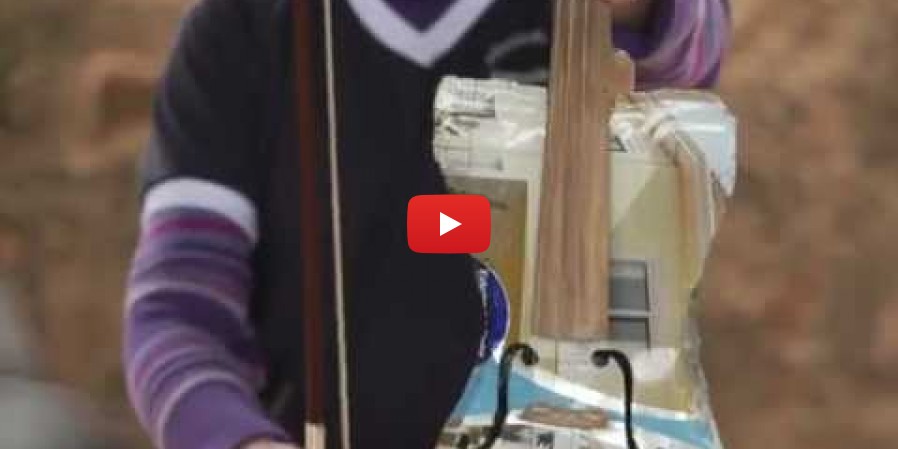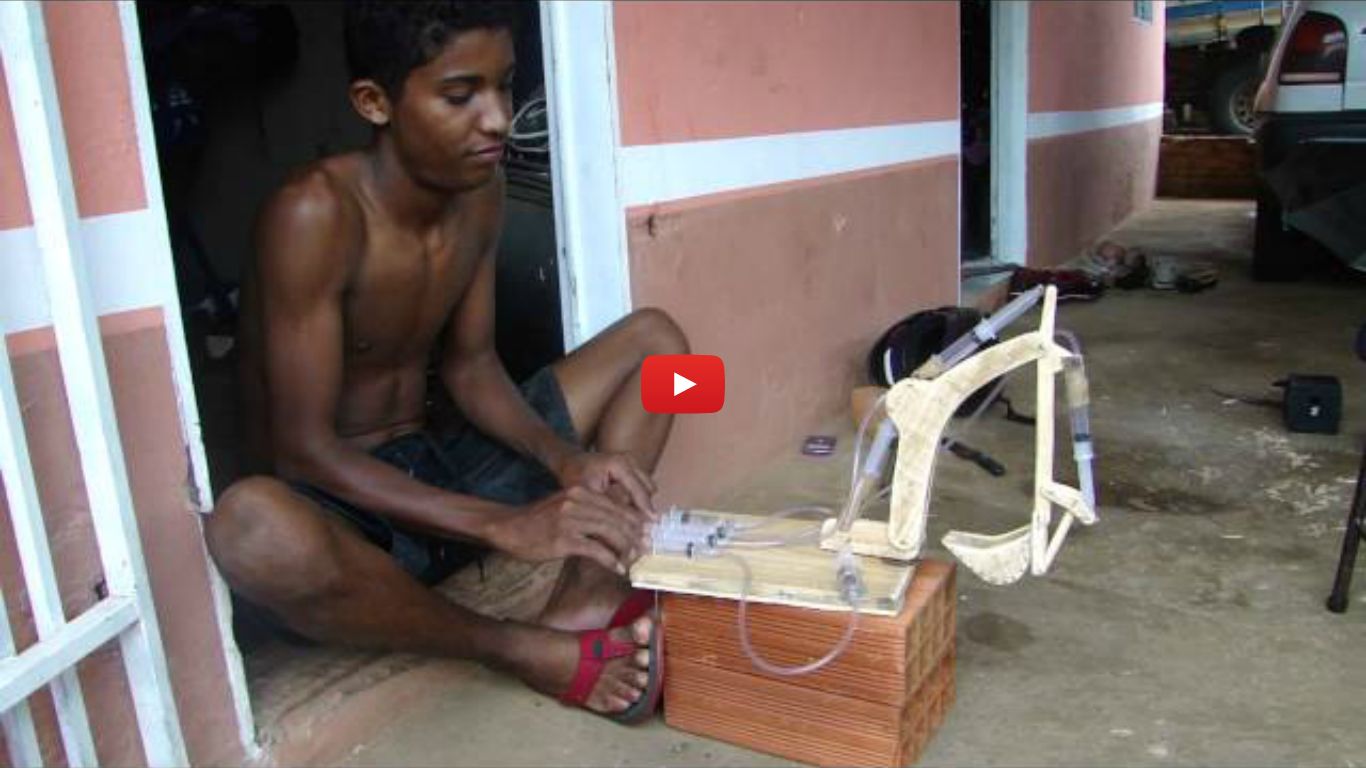Fun Facts About Brunei

If you ask someone to point Brunei Darussalam on the world map, most likely the person will get stumped and struggle! No wonder as this country is one of the smallest nations on earth that is located on the island of Borneo in South East Asia. Besides sharing its border with the state of Sarawak, Malaysia, it also faces the South China Sea in the North. Blessed with vast reserves of oil in the region, the country’s countries economy is based on natural gas, and oil. The exploits of the underground resource has thankfully spared the treasure trove of greenery on the ground, as a result of which Brunei is home to one of the most pristine rainforests. The main religion practiced in the country is Islam and Sharia laws are strictly adhered to, yet the country is very open and progressive. Small in size it may be, but it definitely doesn’t lag in captivating charm. Browse below to check out some more interesting facts about Brunei.
Fast Facts
Capital: Bandar Seri Begawan
Largest City: Bandar Seri Begawan
Official Language: Bahasa Melayu (Malay)
National Language: Melayu Brunei (Kedayan)
Demonym: Bruneian
Religion: Islam
Legislature: Unitary Islamic absolute monarchy
Independence: 1 January 1984
Area: 5,765 sq. km
Population: 401, 890 (2011 estimate)
Currency: Brunei dollar (BND)
Interesting And Fun Facts About Brunei
- Brunei was discovered by Awang Alak Betatar, who traveled from Garang to the Brunei River. ‘Baru nah!’ uttered out of his mouth that led to the discovery of word Brunei.
- The constitution of Brunei was signed on 29 September 1959 by Sultan Omar Ali Saifuddien III and Sir Robert Scott.
- Around 16th century Brunei’s religious faith was completely changed to Islam. Around that time one of the biggest mosques of Brunei was built, and in 1578, a Spanish traveler, Alonso Beltrán, described the mosque being five stories high and built on the water.
- The Sultanate of Brunei was most powerful between 15th and 17th centuries, which extended from northern Borneo to southern Philippines.
- The Empire of Brunei was quickly declining in the 19th century when much of its territory was lost to the White Rajahs of Sarawak. This is the reason why Brunei is separated into two landmasses today.
- From 1888 to 1984, Brunei remained a British protectorate.
- In 1984, Brunei became the member of the Commonwealth of Nations.
- Among the South Asian nations, Brunei is at the second position in the Human Development Index, preceded by Singapore.
- Brunei is classified as a developed country.
- Predominantly, Brunei’s economy is based on oil, natural gas, and coal.
- Brunei is a Muslim country that follows the Sharia Islamic law.
- In Brunei, alcohol sale and drinking in public is strictly prohibited.
- The 600 years old Sultanate of Brunei is the oldest Muslim dynasty in the region.
- Muda Hassanal Bolkiak is the 29th sultan as well as the head of the government.
- Brunei is among the few countries where women have still not been granted the right to vote.
- All the Brunei citizens are entitled to have free public health.
- One of the wealthiest people on earth, the Sultan of Brunei has a collection of more than 500 luxury cars and a palace that has more than 1500 rooms.
- Due to the lack of public transportation, low taxes, and low price of oil, Brunei has one of the highest rates of vehicle ownerships which are about one car for every 2.09 people.
- Geographically Brunei is located in both the western and northern hemisphere.
- Pointing the index finger while in conversation is considered to be rude, instead using thumb to point is encouraged.
- The relative humidity of the country is high throughout the year and the average humidity comes to 93%.
- Table manners include eating and passing food with right hand only with the exception that while holding a heavy plate with a right hand, the left one can be used to support the right wrist.
- It is expected from one to remove the shoes while entering a home.
- Agriculture in Brunei includes rice, vegetables, and tropical fruits like papaya, banana and watermelon.
- Rare fruits that are extensively cultivated in Brunei are Durian and Rambutan.
- The durian fruit is infamous because of its taste, which is like “vomit, sewage, turpentine, and roasted almond”. The fruit is also used as an ingredient in rice, soups, candies, and desserts. The thick woody husk is also used to smoke fish.
- According to the Guinness Book of World Records, the 29th Sultan of Brunei Hassanal Bolkiah was the world’s richest man in 1993.
- Forbes magazine has described that Sultan Hassanal Bolkiah has a total asset of more than 25 billion US dollars.
- Sultan Hassanal Bolkiah is well known for being a keen collector of cars. Once the sultan had more than 530 Mercedes-Benzes, 500 Rolls-Royces and 360 Ferraris in his car collection.
- Crude and natural gas that are two of the main exports of Brunei account for half of the nation’s Gross Domestic Product (GDP).
- The Nurul Palace is one of the world’s largest palaces. Annually, the palace remains open to the public for three days, after a month of fasting during the Ramadan month.
- Brunei’s highest mountain is Bukit Pagon, which stands at 1850 meters (6070 feet).
- A kind of carnivorous plant called Low’s Pitcher plant (Nepenthes lowii) is an endemic species of plant in the island of Borneo and at Mount Bukit Pagen.
- Brunei’s three largest cities are Seri Begawan, Gadong Town and Jerudong. The word bandar is a Malay word that means city.
- Brunei is the second smallest nation in South East Asia after Singapore. With an area of 5,766 square kilometers, the country consists of two unconnected parts and they are divided into four districts.
- Brunei shares a total of 161 km of coastlines with the South China Sea.
- Oil, one of the major drivers of its economy, was first struck at 297 meters on 5 April, 1929 and it was 1957 when the first offshore well was drilled.









